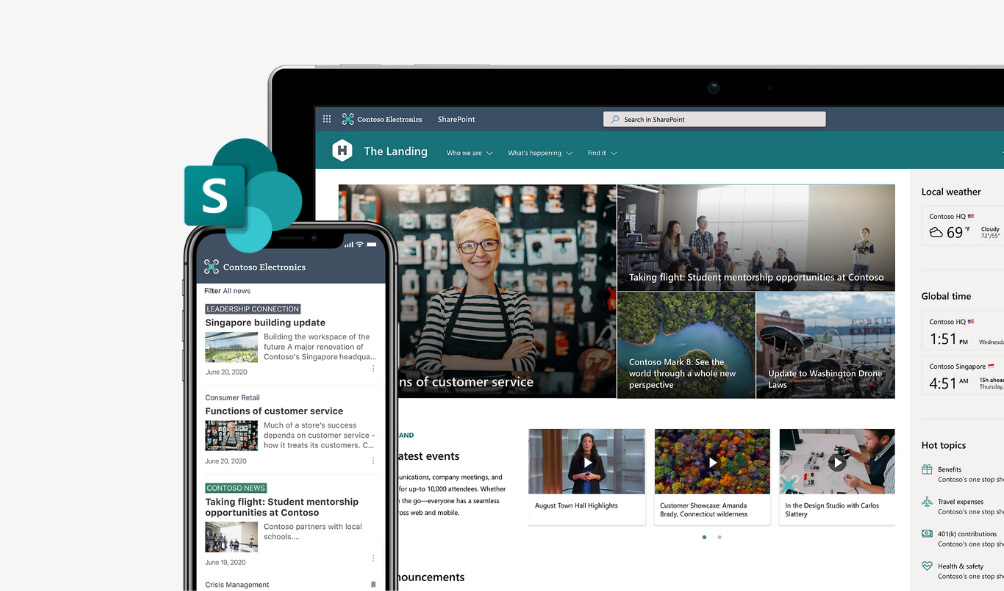A very Happy New Year to everyone. We hope that 2020 is good for you and yours.
As we move into a new decade, Bridgeall looks forward to working closely with our many customers making the Modern Intelligent Workplace (MIW) a reality for your organisation.
Before accelerating forward in this area, a look in the rearview mirror may be useful.
Towards the end of last year, Bridgeall hosted several MIW Events attended by over 200 senior executives. The results from the live Interactive Polling Tool used to provide a useful overview of the progress being made in building Modern Intelligent Workplaces (MIW) as we move into the 2020s.
Keynote Findings
- On a positive note, the MIW is becoming a strategic priority for most organisations. A third of the senior executives attending our events stated that MIW had already become a ‘mission-critical priority’ with a further 42% stating that it was ‘emerging as a priority’.
- On a more negative note, significant progress still needs to be made before the MIW becomes a reality for most organisations. Only 22 percent of respondents stated that they were making ‘good’ or ‘very good’ progress in becoming modern and intelligent with 19 percent making ‘very little’ progress. For the majority (59%) ‘reasonable’ progress is being made but still with a long way to go.
- Reinforcing the above, only 26 percent of respondents stated that their organisation had an agreed MIW vision and strategy supported by an agreed roadmap for ‘getting there’. This is a worrying conclusion given the critical importance of strategy to transformation success.
- A wide range of barriers to building modern and intelligent workplaces were identified. As shown below, this included non-technology (people, culture, skills, resistance to change, etc) as well as technology barriers (resources, infrastructure, legacy systems, etc). 95 percent of respondents agreed that non-technology factors acted as a major barrier to transformational change within their organisation. Only 11 percent claimed to have an implementation or digital adoption plan to overcome such barriers.
- Event participants highlighted the critical importance of leadership during the transformation process in becoming modern and intelligent with 83 percent stating that their organisation needed ‘more leaders of change for the digital era’ supported by digital change agents.
Implications
As we approach a post-Brexit decade, urgent action is required to address the UK’s productivity problem.
There are two main ways of improving this.
We could all work longer hours and harder OR we can leverage the full potential of emerging technologies for building Modern Intelligent Workplaces, rethinking ‘the way things are done around here’, breaking free from the limits imposed by outdated systems and outdated management thinking.
The senior executive feedback received during our recent events suggests that most organisations are still at a very early stage in becoming modern and intelligent – embedding technology at the core of everything your organisation does to streamline internal systems and processes, improve efficiency and reduce costs; becoming an agile, fast-moving, collaborative, data-driven, productive organisation, ‘fit-for-purpose’ in a digital age.
In a follow-up post, we will provide advice on the best way to accelerate your organisation’s progress in this area.
A useful starting point is to undertake a Digital Maturity Assessment evaluating the progress your organisation has made benchmarked against where you should/could be.
We would be happy to support your organisation in doing this.
Please feel free to Contact Us if you would like an informal chat.
From everyone at Bridgeall, a very Happy and Prosperous New Decade.




